Processing
Tri Marine Tuna Plants
Tri Marine’s network of tuna processing plants are located close to the fishing grounds.
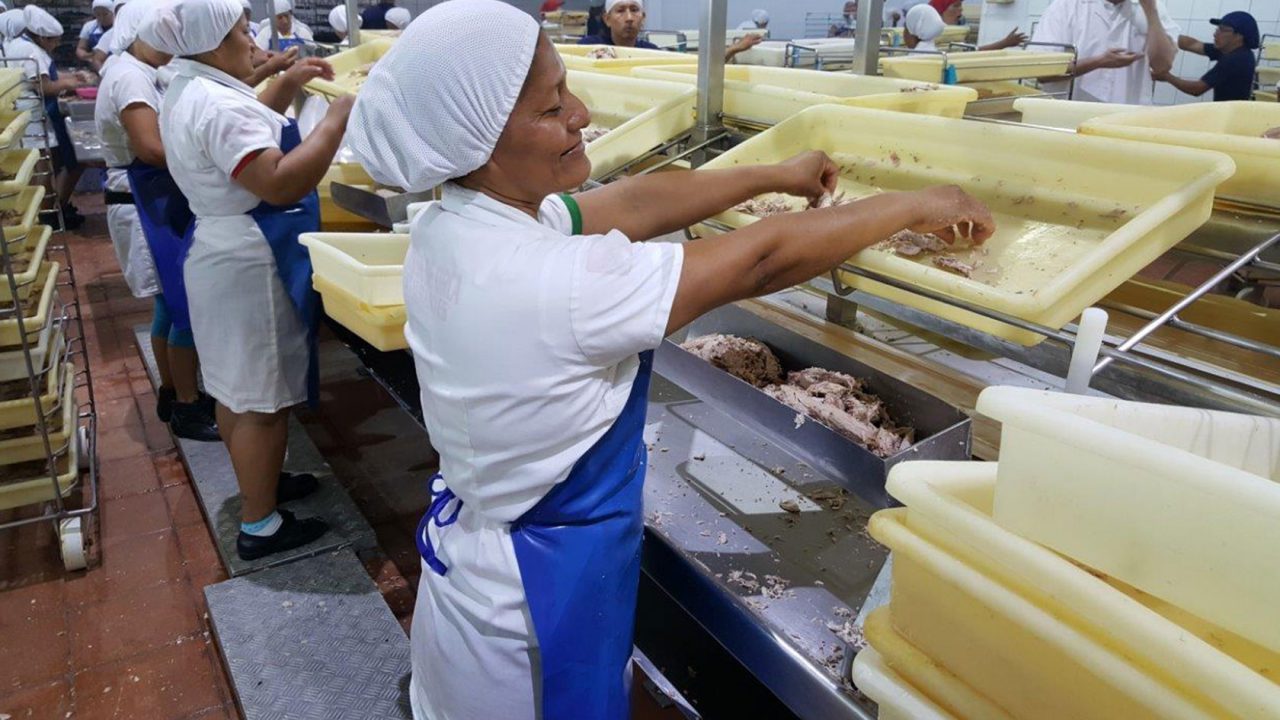
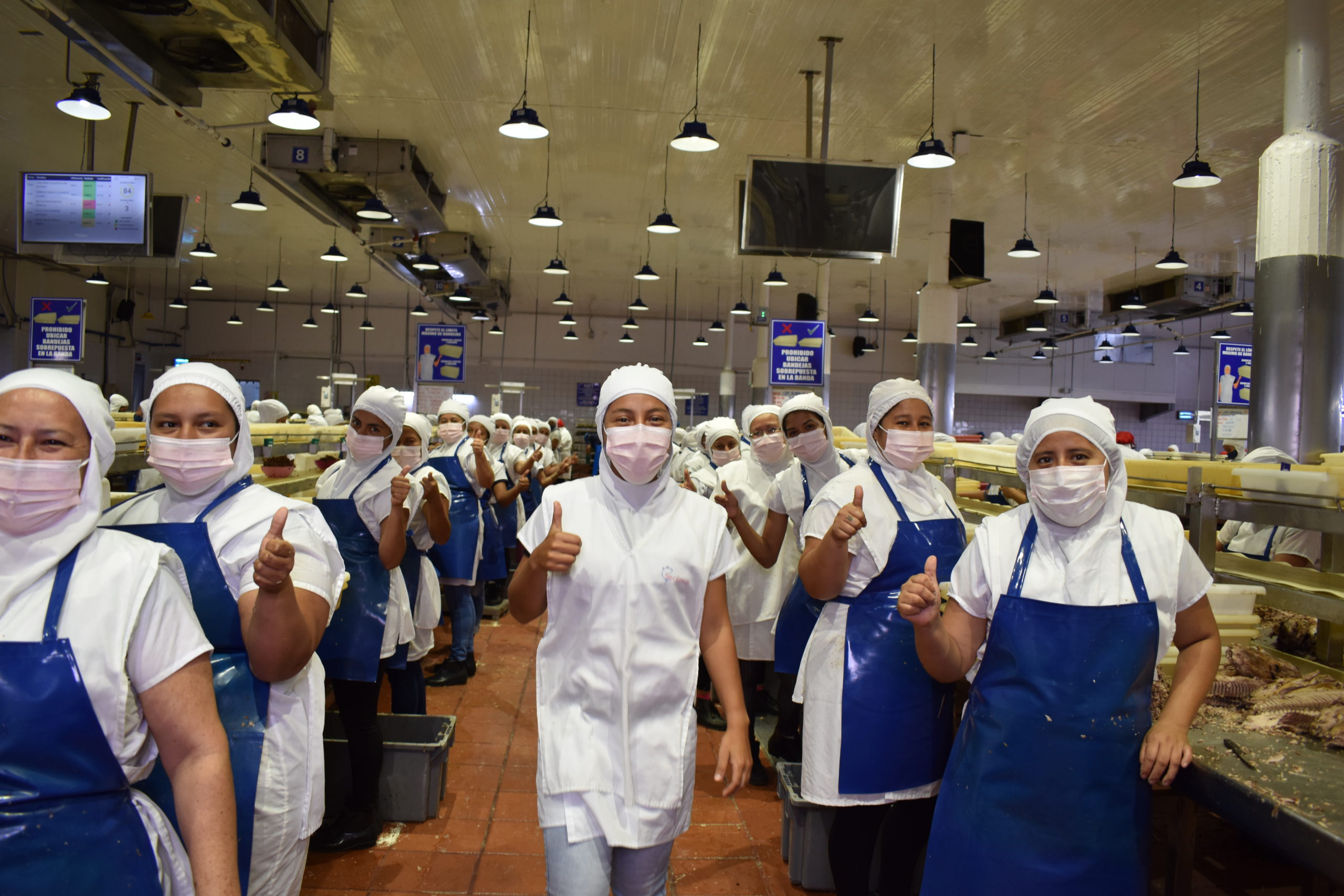
Seafman C.A.
Manta, Ecuador
The historic Seafman cannery is located in Manta, Ecuador, the second most important tuna hub in the world. Over the years, the facility has continually evolved, with a growing emphasis on low-impact production methods.
Seafman specializes in producing precooked frozen loins and canned tuna products mainly for European markets, with advantageous duty-free access. Finished goods and precooked frozen tuna loins are also shipped to US customers and to other Latin American markets.
The plant sources its tuna from the Eastern Pacific, where the first regional fisheries management organization (RFMO), the Inter-American Tropical Tuna Commission, has adopted strong conservation measures. In addition, Seafman’s primary suppliers are members of the TUNACONS FIP and the OPAGAC FIP MSC certification programs. The company is audited and certified under the most strict international food safety and quality control standards.
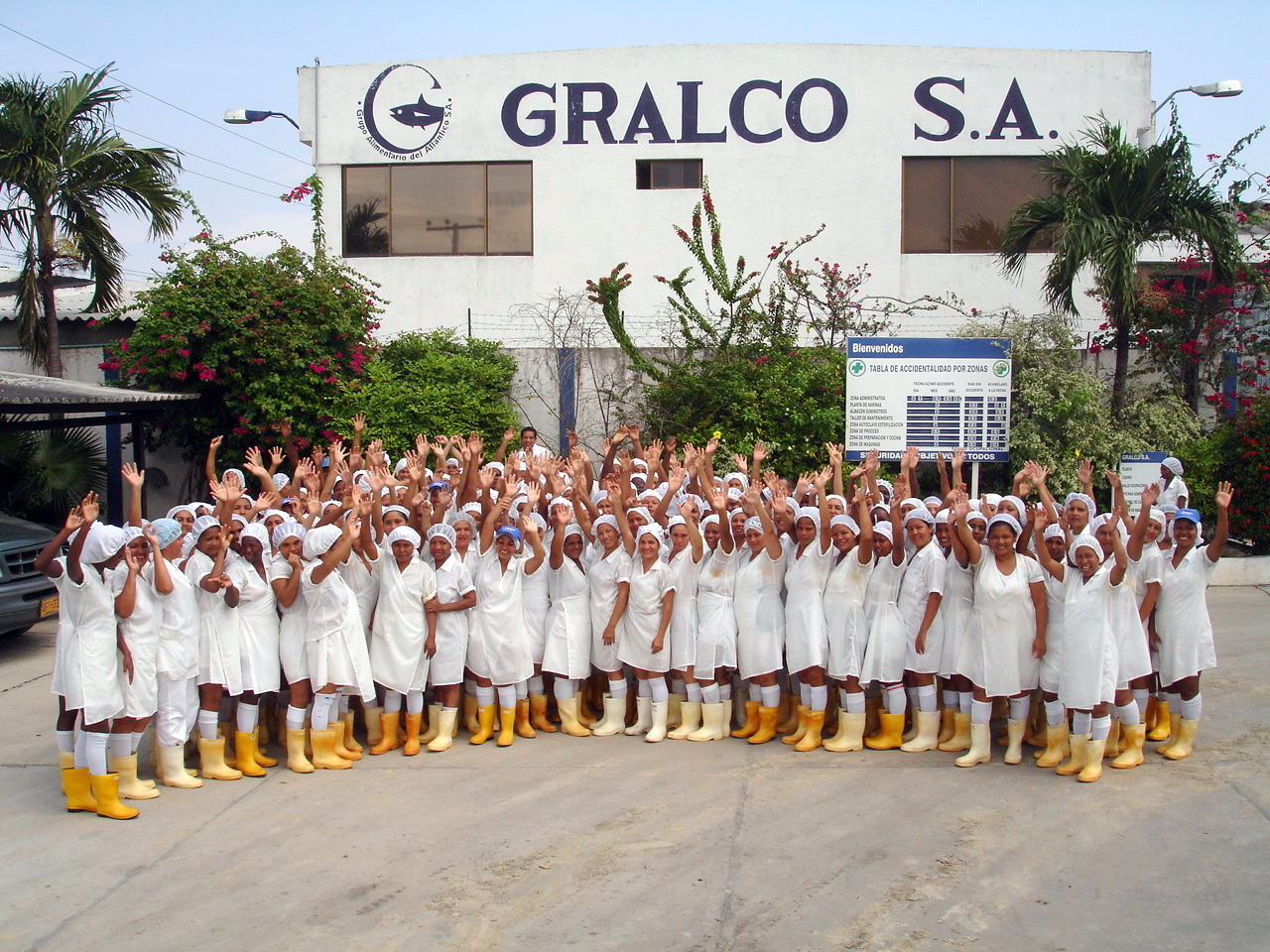
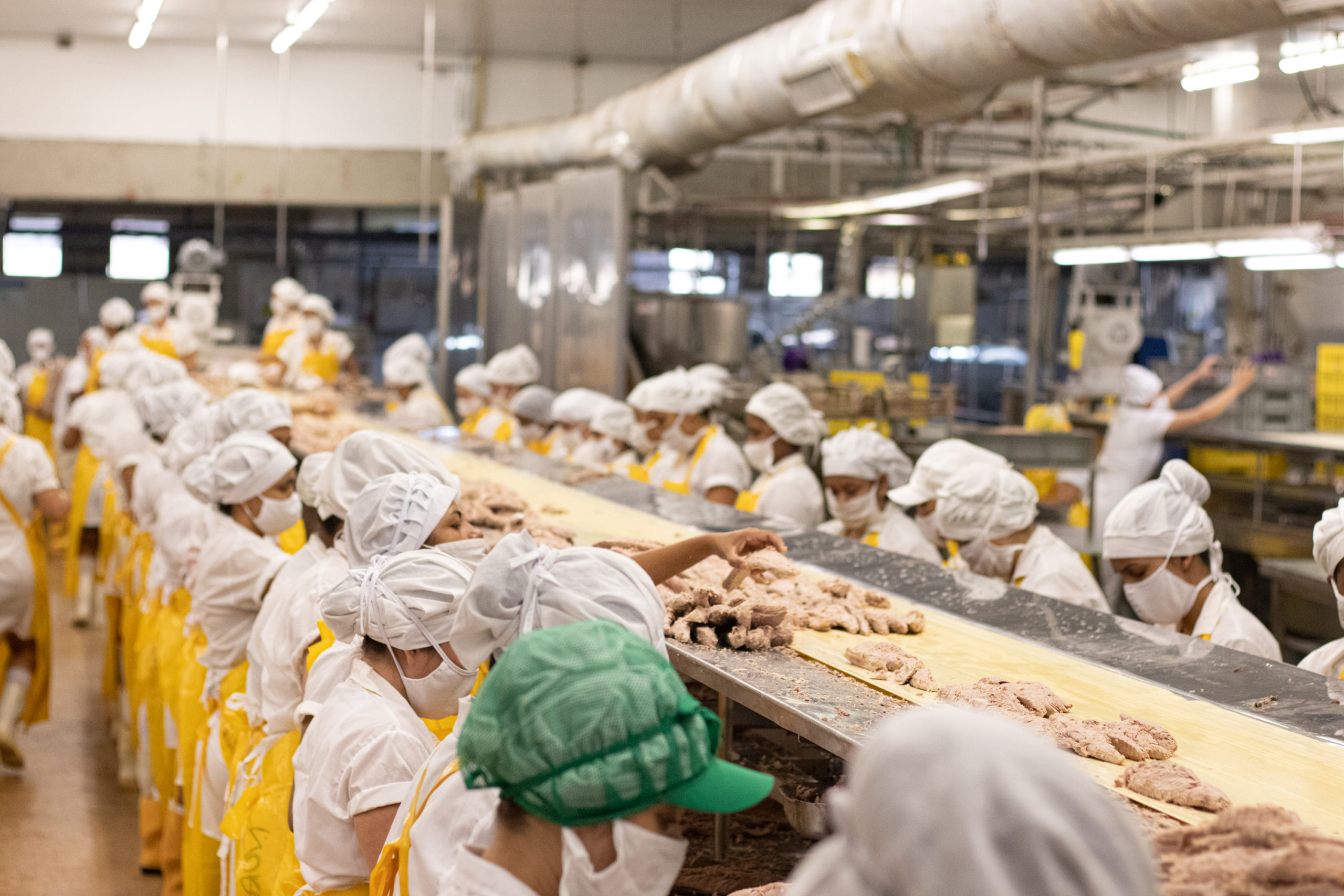
Gralco S.A.
Barranquilla, Colombia
Gralco is located in Barranquilla, Colombia near the edge of Magdalena River’s mouth on the Atlantic Ocean. Production output is equally divided between frozen precooked tuna loins for the European and US markets and a variety of finished products in different sizes and recipes for both domestic and international markets. To maximize productivity the plant has also developed derivates such as fish oil and fish meal products. The company owns the iconic domestic canned tuna brand Alamar, which is currently the second most consumed tuna brand in the country.
Gralco strongly supports employment for women. In 2020, 64% of all Gralco employees were female. The plant has a special priority to hire single mothers who are heads of households; these women make up the majority of the plant’s workforce.
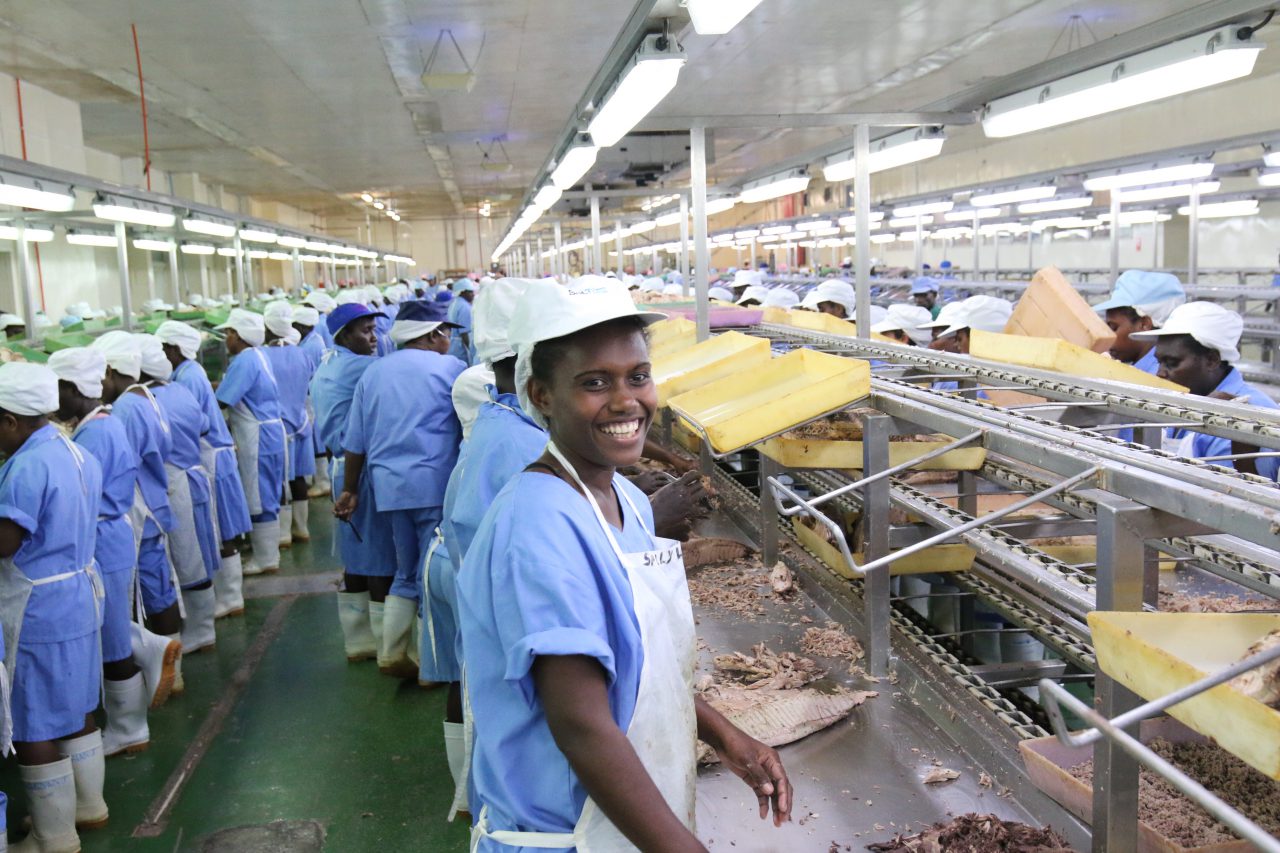
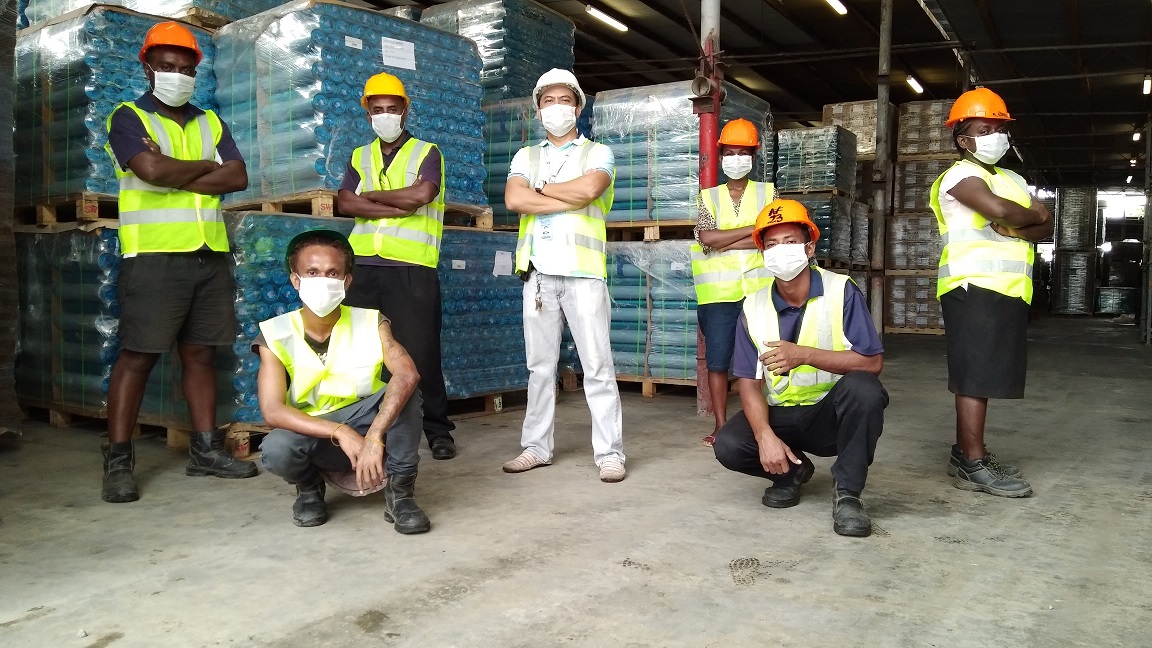
SolTuna
Noro, Solomon Islands
SolTuna produces frozen tuna loins for the US and EU markets and canned products for the local and regional markets. Raw material, consisting of skipjack and yellowfin, is supplied by National Fisheries Developments Ltd (NFD) and albacore is sourced from locally licensed foreign flagged long liners.
Solomon Blue and SolTuna brand products are an important component of food security in the region. With humble beginnings, both brands have become an important part of the Solomon Islands national identity over the past 40 years. Not only is our canned tuna found in every village across the 900-island nation, but the cannery draws workers from all nine provinces representing more than 30 different languages and ethnicity groups employing over 2,000 workers.
Offering non-traditional and better-paying jobs to women such as: fork lift driver, security guard, diesel mechanic, plumber and safety officer, has made SolTuna a leader in promoting gender equality. Women also hold several top management positions in operating departments such as Production and Quality Control.
In 2016 the Solomon Islands attained MSC certification for its’ archipelagic and EEZ FAD-free fishery allowing SolTuna to process MSC certified loins and canned product for export. In addition, the company is BRC, Kosher & Halal certified.



